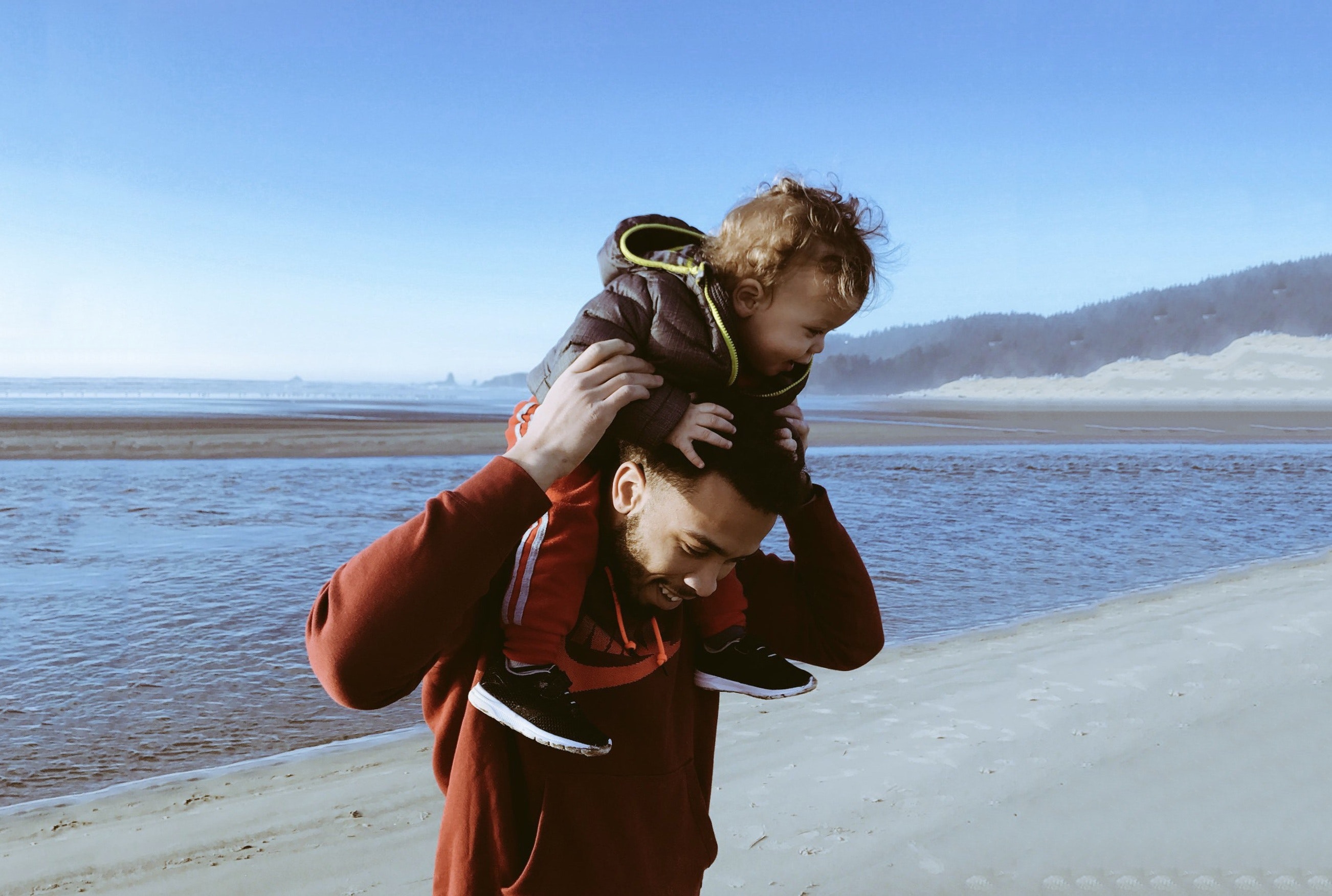
December 9, 2019 by Robert Franklin, JD, Member, National Board of Directors
Not long ago, KARE 11 in Minneapolis aired this panel discussion on shared parenting (KARE 11, 11/28/19). It featured four pro-shared parenting advocates and four opposed. Among the “pros” was NPO’s good friend and tireless fighter for equal parenting, Molly Olson. The discussion was noteworthy mostly for being not noteworthy. That is, the anti-shared parenting folks had no new arguments to make and the ones they did make were without merit.
For starters, they weren’t as truthful as we might have liked. For starters, they tried convincing listeners that Minnesota law now requires “maximization” of parenting time for each parent based on several factors. But as Olson pointed out, it does no such thing. Much like current law in Australia, it only requires judges to “consider” maximizing parenting time. Unsurprisingly, that does the cause of equality little good.
They also claimed that the bill currently before the legislature would remove the child’s age from the factors for consideration by the judge, but again, it does no such thing. As Olson again said, under the bill, a judge would be able to take the child’s age into consideration, but it couldn’t be the only factor in his/her decision on custody or parenting time.
In short, it seeks to remove from judges’ tool box a de facto Tender Years Doctrine under which young children are automatically ordered to the sole custody of their mother. And, speaking of that doctrine, it seems to be very much favored by the anti-shared parenting group. At one point, their discussion seemed to take for granted that a child under the age of three should be with its mother. Needless to say, the social science rebutting that didn’t enter into their remarks.
The Crowd of ‘No’ may like us to think that they’re not taking sides based on sex, i.e. they’re not pro-mother and anti-father, but sadly for them, their words betrayed their true position. For example, they informed viewers that, often fathers’ desire for equal time with their kids is just domestic violence. DV, you see, is a matter of power and control and, when fathers demand meaningful time with their kids, they’re being violent toward Mom. Somehow the idea that Mom demanding sole or primary custody should be equally viewed that way found no voice among those opposed to shared parenting. And of course the idea that wanting to continue spending time with your children might actually not constitute domestic violence never seemed to occur to them at all.
The main thrust of those opposed to shared parenting was that, in fact, times have changed and so has the system, so there’s no need for further change. They offered no facts to support such a notion, and their pretense that current law requires judges to maximize parenting time for both parents strongly suggests that they had none.
But far worse for them was the presence of Scott, until the end, sat quietly off to the side. Scott’s case trumped every word they uttered.
For example, one of their claims was that lawyers would never encourage a spouse to level false allegations of DV at the other in order to gain an advantage in a child custody case. But Scott’s spouse did exactly that via her lawyer. Her claim was, after three years of agony on Scott’s part, proven to be false, but it took him $170,000 in attorney’s and expert witness fees to do so.
That latter fact trumped yet another claim of the anti-shared parenting crowd. One pro-shared parenting lawyer made the point that divorce is big business, that lawyers and expert witnesses take divorce conflict straight to the bank. This was hotly contested by the anti group, but Scott’s experience proved them wrong.
Indeed, Scott made the salient point of the entire discussion. If equal parenting had been the law when he and his ex split up, her lawyer would have told her that, barring unfitness by one or the other parent, each would get equal, or nearly equal, time with the kids. And the entire process would have been relatively brief, simple and free of antagonism. But under existing law, a false allegation was allowed to damage the lives of both parents, the children and Scott’s bank account.
To that, the anti-shared parenting folks had nothing meaningful to say. In fact, the current system marginalizes fathers in the lives of their children, harms the kids in the process and can cost ruinous amounts of money, money that could go to giving the children a good home.
The only new argument produced against shared parenting by this panel was the patently loony notion that, fathers’ asking for meaningful time with their kids constitutes a bid for “power and control” and therefore is domestic violence. If they can’t do better than that – and they can’t – they have nothing to say. The lawyers and the DV advocates and the various experts who depend for their livelihoods on the current system of child custody are the ones who oppose shared parenting because they fear its impact on their pocketbooks.
By contrast, shared parenting is all about children’s well-being and fairness to parents. For most of us, that’s an easy choice to make.
